Table of Contents
- Understanding Cholesterol
- The Role of Plant Sterols
- Health Benefits of Plant Sterols
- Sources of Plant Sterols
- Incorporating Plant Sterols into Your Diet
- Other Lifestyle Changes
- Frequently Asked Questions
Understanding Cholesterol
Explore the basics of cholesterol, including its different types, role in the body, and factors that contribute to high cholesterol levels.
The Role of Plant Sterols
Discover how plant sterols can help in managing cholesterol levels by blocking the absorption of dietary cholesterol and promoting its excretion.
Cholesterol is a type of fat that is produced by the liver and found in certain foods. While it is necessary for the normal functioning of the body, high levels of cholesterol can increase the risk of heart disease and other cardiovascular problems.
Plant sterols, also known as phytosterols, are naturally occurring substances found in certain plant foods such as fruits, vegetables, nuts, and seeds. They have a structure similar to cholesterol and can compete with cholesterol for absorption in the intestine.
Research has shown that plant sterols can help reduce LDL cholesterol levels, often referred to as "bad" cholesterol, without affecting HDL cholesterol levels, which is considered the "good" cholesterol. By blocking the absorption of dietary cholesterol in the intestine, plant sterols can help lower total cholesterol levels in the body.
Adding plant sterols to the diet can be achieved through consuming foods that naturally contain them or through fortified food products such as spreads, yogurts, and beverages. It is important to note that plant sterols are not a complete solution for high cholesterol and should be used in combination with a healthy diet and lifestyle changes.
In conclusion, plant sterols play a beneficial role in managing high cholesterol levels by reducing the absorption of cholesterol in the body. Incorporating plant sterol-rich foods or fortified products into your diet can contribute to maintaining a healthy cholesterol balance and reducing the risk of cardiovascular diseases.
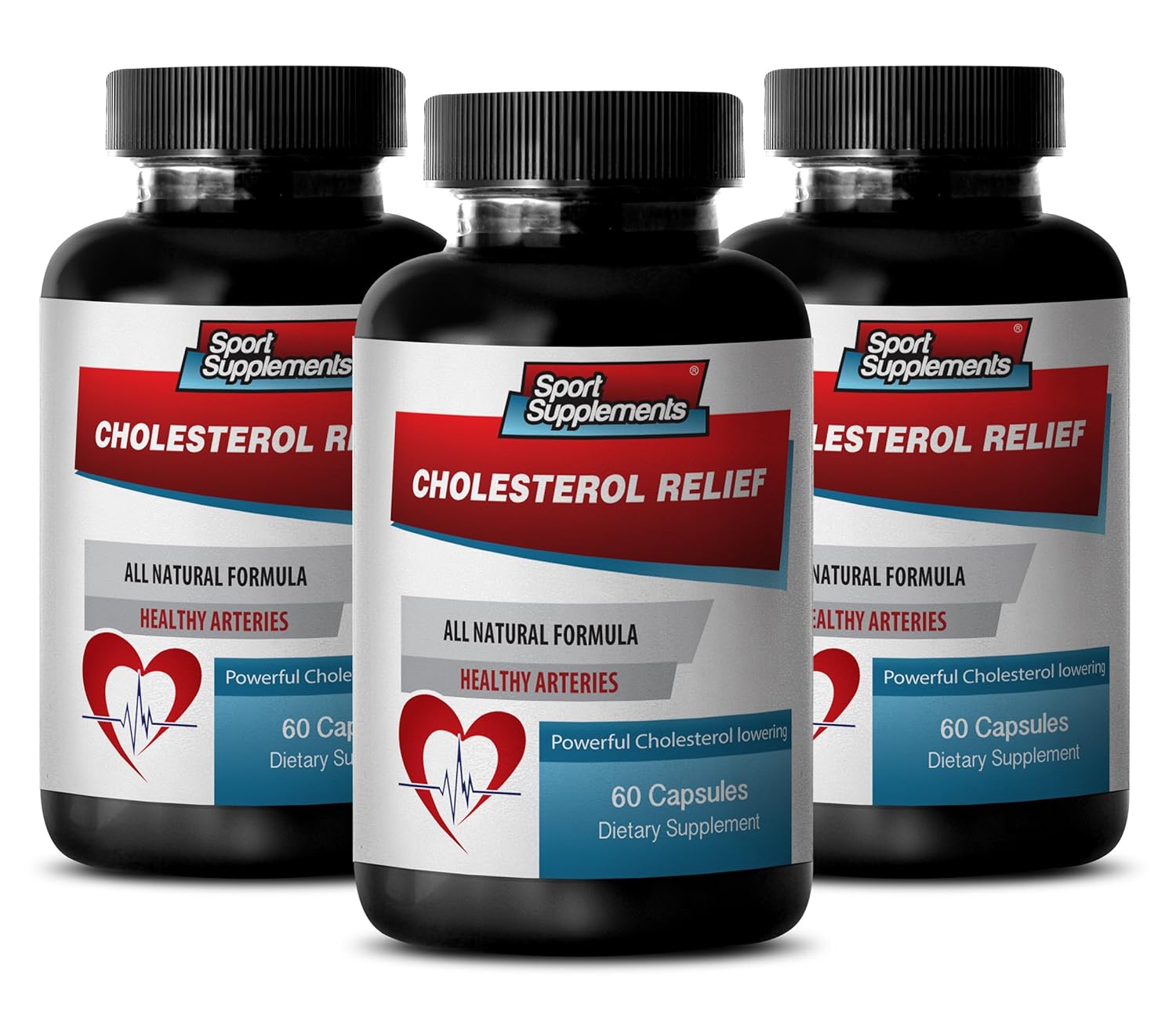
Health Benefits of Plant Sterols
Learn about the various health benefits that plant sterols offer, including their impact on reducing LDL cholesterol levels and improving heart health.
High cholesterol levels can pose serious health risks, including an increased risk of heart disease and stroke. However, incorporating plant sterols into your diet can provide several health benefits in managing cholesterol levels.
What are Plant Sterols?
Plant sterols, also known as phytosterols, are naturally occurring substances found in plants. They have a similar structure to cholesterol, but their consumption can help lower cholesterol levels in the body.
How Plant Sterols Benefit Cholesterol Levels
Plant sterols work by reducing the absorption of cholesterol in the gut. They compete with cholesterol for absorption, resulting in lower levels of cholesterol being absorbed into the bloodstream. This mechanism can lead to a decrease in total cholesterol and LDL (low-density lipoprotein) cholesterol levels, commonly referred to as "bad" cholesterol.
Additional Health Benefits
In addition to their cholesterol-lowering effects, plant sterols offer other health benefits:
- Reduced Cardiovascular Risk: Lowering LDL cholesterol levels can help reduce the risk of heart disease and stroke.
- Inflammation Reduction: Plant sterols have been shown to possess anti-inflammatory properties, which can contribute to overall better cardiovascular health.
- Improved Immune Function: Some studies suggest that plant sterols may enhance immune function and have potential anti-cancer effects.
- Antioxidant Properties: Plant sterols exhibit antioxidant activity, helping protect the body against oxidative stress and damage.
Incorporating Plant Sterols into Your Diet
Plant sterols are naturally found in various fruits, vegetables, legumes, nuts, and seeds. However, the average intake of plant sterols through diet alone may not be sufficient to significantly impact cholesterol levels. Therefore, fortified food products enriched with plant sterols, such as margarines, spreads, and some yogurts, can be a practical and effective way to incorporate higher amounts of plant sterols into your daily routine.
It's important to note that while plant sterols can help manage cholesterol levels, they should not be considered a substitute for prescribed cholesterol-lowering medications. If you have high cholesterol, consult with a healthcare professional to determine the best treatment plan.
By including plant sterols in your diet, you can potentially improve your cholesterol profile and support overall cardiovascular health.
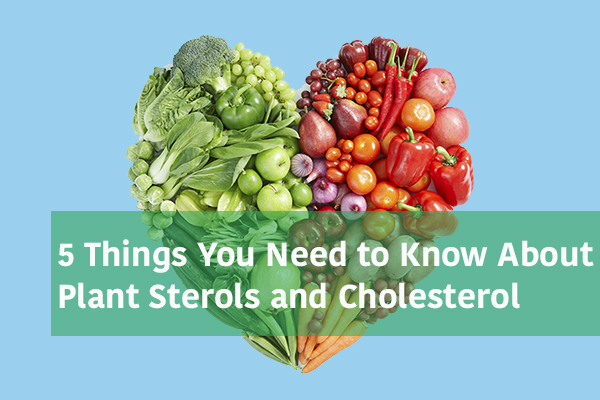
Sources of Plant Sterols
Explore a list of plant-based foods that are rich in sterols, such as nuts, seeds, legumes, fruits, and vegetables.
High cholesterol levels can pose a risk to our overall health, particularly the cardiovascular system. However, consuming plant sterols can be beneficial in lowering cholesterol levels. Plant sterols, also known as phytosterols, are natural compounds found in various plant-based foods.
Some common sources of plant sterols include:
- Fruits and vegetables: Fruits like apples, strawberries, and citrus fruits, as well as vegetables like broccoli, Brussels sprouts, and spinach, are good sources of plant sterols.
- Legumes: Foods such as lentils, beans, and peas are rich in plant sterols and provide a healthy source of dietary fiber.
- Nuts and seeds: Almonds, walnuts, flaxseeds, and chia seeds are great options that not only contain plant sterols but also provide essential nutrients.
- Whole grains: Whole wheat, oats, and brown rice are excellent choices that can contribute to a heart-healthy diet by providing plant sterols.
- Fortified foods: Certain foods, such as margarine, spreads, and yogurts, are often enriched with plant sterols to enhance their cholesterol-lowering properties.
Consuming foods rich in plant sterols has been proven to lower LDL (bad) cholesterol levels, which in turn reduces the risk of developing heart diseases. Plant sterols work by blocking the absorption of cholesterol in the intestine, thus limiting the amount that enters the bloodstream.
It's important to note that while plant sterols can be beneficial for individuals with high cholesterol levels, they should not replace a well-balanced diet or medication prescribed by healthcare professionals. Consult with a healthcare provider or a registered dietitian to understand how plant sterols can be incorporated into your overall dietary plan.
In conclusion, incorporating plant sterols from various sources into our diet can have a positive impact on reducing high cholesterol levels. By including fruits, vegetables, legumes, nuts, seeds, and whole grains in our meals, we can enjoy their natural cholesterol-lowering benefits while improving our overall cardiovascular health.
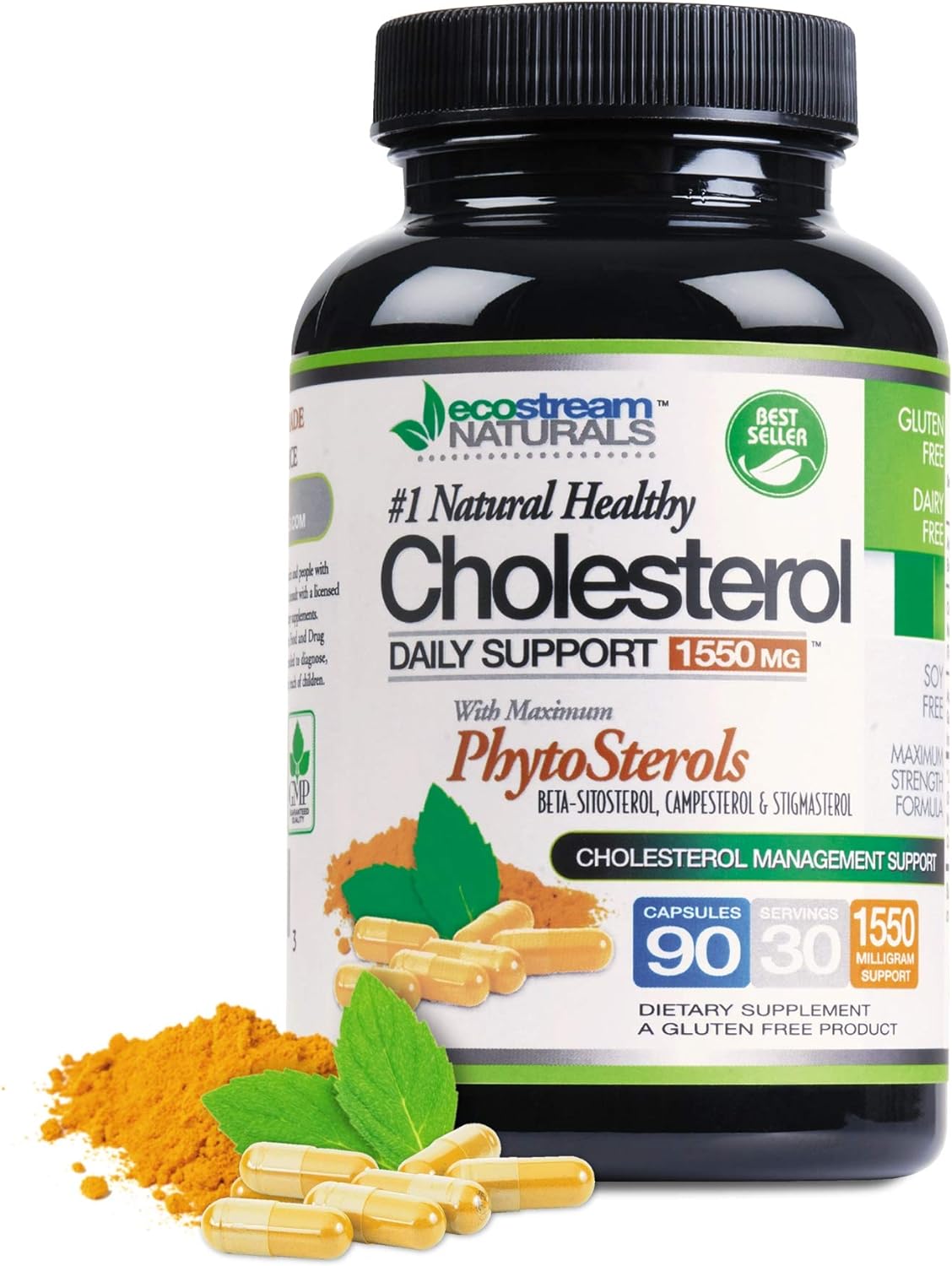
Incorporating Plant Sterols into Your Diet
Discover practical tips on how to include plant sterols in your daily diet, whether through whole foods or fortified products.
If you have high cholesterol levels, incorporating plant sterols into your diet can be a beneficial approach to improving your health. Plant sterols are natural compounds found in various fruits, vegetables, nuts, and seeds that have been shown to help reduce cholesterol levels.
Why are Plant Sterols Important?
Plant sterols have a similar structure to cholesterol, which allows them to compete with cholesterol for absorption in the body. By doing so, they help lower the amount of cholesterol absorbed from food into the bloodstream. This leads to a reduction in LDL (bad) cholesterol levels, ultimately decreasing the risk of heart disease and stroke.
Sources of Plant Sterols
You can easily incorporate plant sterols into your daily diet by including certain foods that are naturally rich in these compounds. Some excellent sources of plant sterols include:
- Fruits such as oranges, apples, and berries
- Vegetables like broccoli, spinach, and carrots
- Nuts and seeds, such as almonds, walnuts, and flaxseeds
- Legumes like lentils, chickpeas, and black beans
- Whole grains such as oats, quinoa, and brown rice
Try incorporating a variety of these foods into your meals and snacks to increase your plant sterol intake.
How to Add Plant Sterols to Your Diet
Here are some simple tips to help you add more plant sterols to your daily diet:
- Sprinkle flaxseeds or chia seeds onto your morning cereal or yogurt.
- Snack on a handful of almonds or walnuts.
- Add a serving of spinach or kale to your daily salad.
- Enjoy a side dish of steamed broccoli or carrots with your dinner.
- Swap white rice with quinoa or brown rice in your meals.
Remember to maintain a well-balanced diet overall and consult with a healthcare professional or registered dietitian for personalized advice on incorporating plant sterols into your diet.
By including plant sterols in your daily eating habits, you can take a proactive step towards managing high cholesterol levels and improving your overall cardiovascular health.
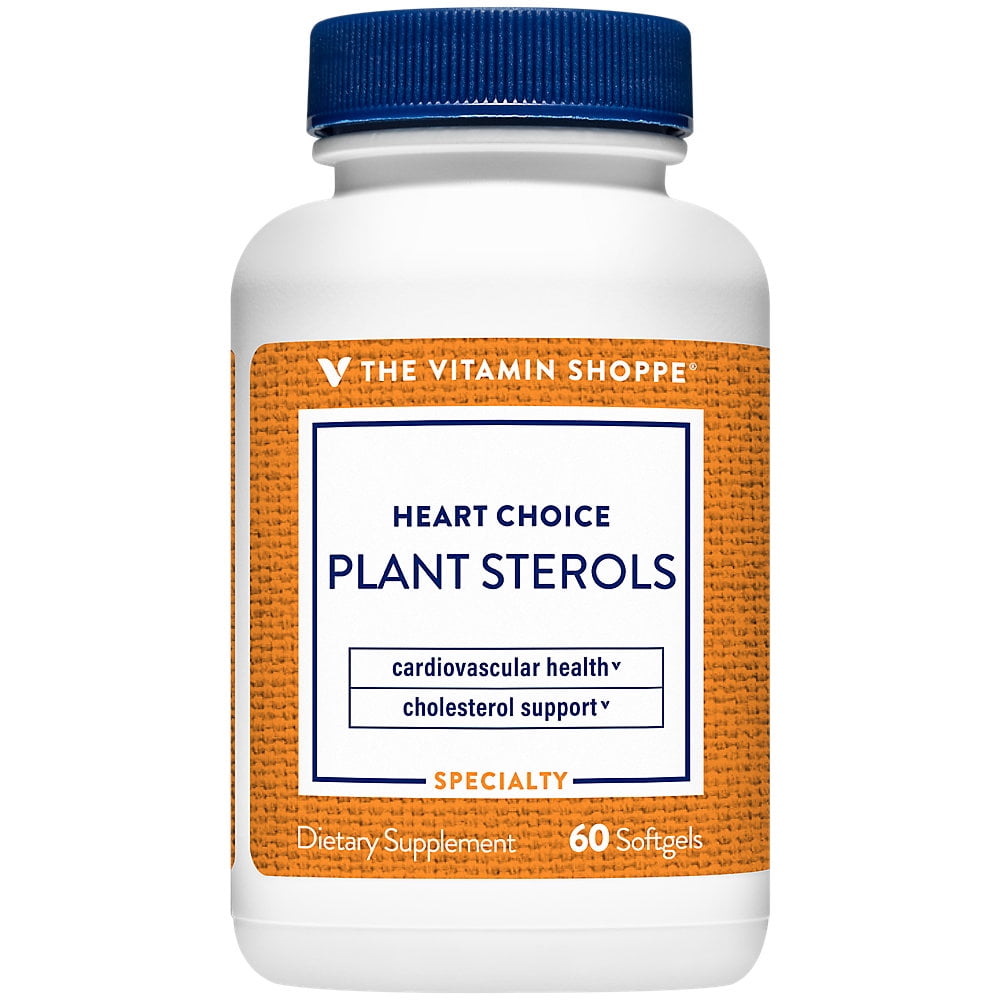
Other Lifestyle Changes
Find out about additional lifestyle changes that can complement the inclusion of plant sterols, such as regular exercise, stress management, and quitting smoking.
High cholesterol levels can be a cause for concern as it increases the risk of heart disease. Apart from medication, there are other lifestyle changes that can help manage high cholesterol levels effectively.
1. Healthy Diet
Eating a healthy and balanced diet is essential for maintaining optimal cholesterol levels. Avoid saturated and trans fats found in fried foods, processed snacks, and fatty meats. Instead, focus on incorporating more fruits, vegetables, whole grains, and lean proteins into your meals.
2. Regular Exercise
Engaging in regular physical activity can significantly lower cholesterol levels. Aim for at least 30 minutes of moderate-intensity exercise most days of the week. This can include brisk walking, jogging, cycling, swimming, or any other activity that gets your heart rate up.
3. Maintain a Healthy Weight
Being overweight or obese can contribute to high cholesterol levels. Losing excess weight and maintaining a healthy body weight is crucial. This can be achieved through a combination of a healthy diet and regular exercise.
4. Quit Smoking
Smoking not only damages the lungs but also negatively impacts cholesterol levels. Quitting smoking can have significant benefits on overall cardiovascular health and help lower cholesterol.
5. Limit Alcohol Consumption
Excessive alcohol consumption can raise cholesterol levels. It is important to limit alcohol intake to moderate levels. For men, this means up to two drinks per day, and for women, up to one drink per day.
6. Incorporate Plant Sterols
Plant sterols are naturally occurring compounds found in plants that can help lower LDL (bad) cholesterol levels. They work by blocking cholesterol absorption in the intestines. Plant sterols can be consumed through fortified foods or supplements after consulting with a healthcare professional.
By making these lifestyle changes, individuals with high cholesterol levels can effectively manage their condition and reduce the risk of heart disease.
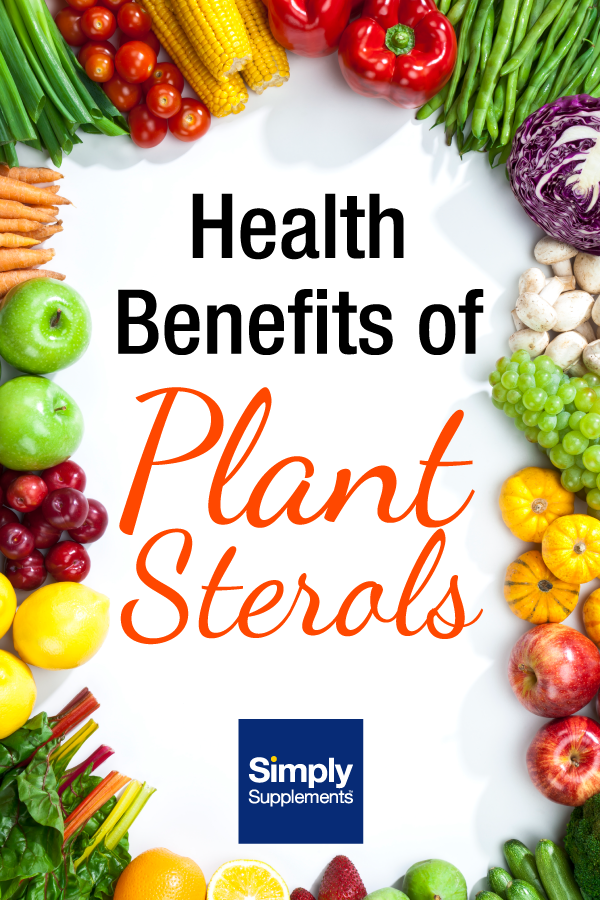
Frequently Asked Questions
1. Can plant sterols lower my cholesterol levels significantly?
Answer: Plant sterols can help lower LDL cholesterol levels, but they work best when combined with a healthy diet and lifestyle.
2. Are there any side effects of consuming plant sterols?
Answer: Plant sterols are considered safe for most people, but in rare cases, they may cause digestive issues. It's important to consult with a healthcare professional if you have concerns.
Key Takeaways
- High cholesterol levels can pose risks to heart health.
- Plant sterols can block cholesterol absorption and contribute to reducing LDL cholesterol.
- Including plant sterols in your diet is an effective way to maintain healthy cholesterol levels.
- Adopting a healthy lifestyle alongside plant sterol consumption enhances their benefits.
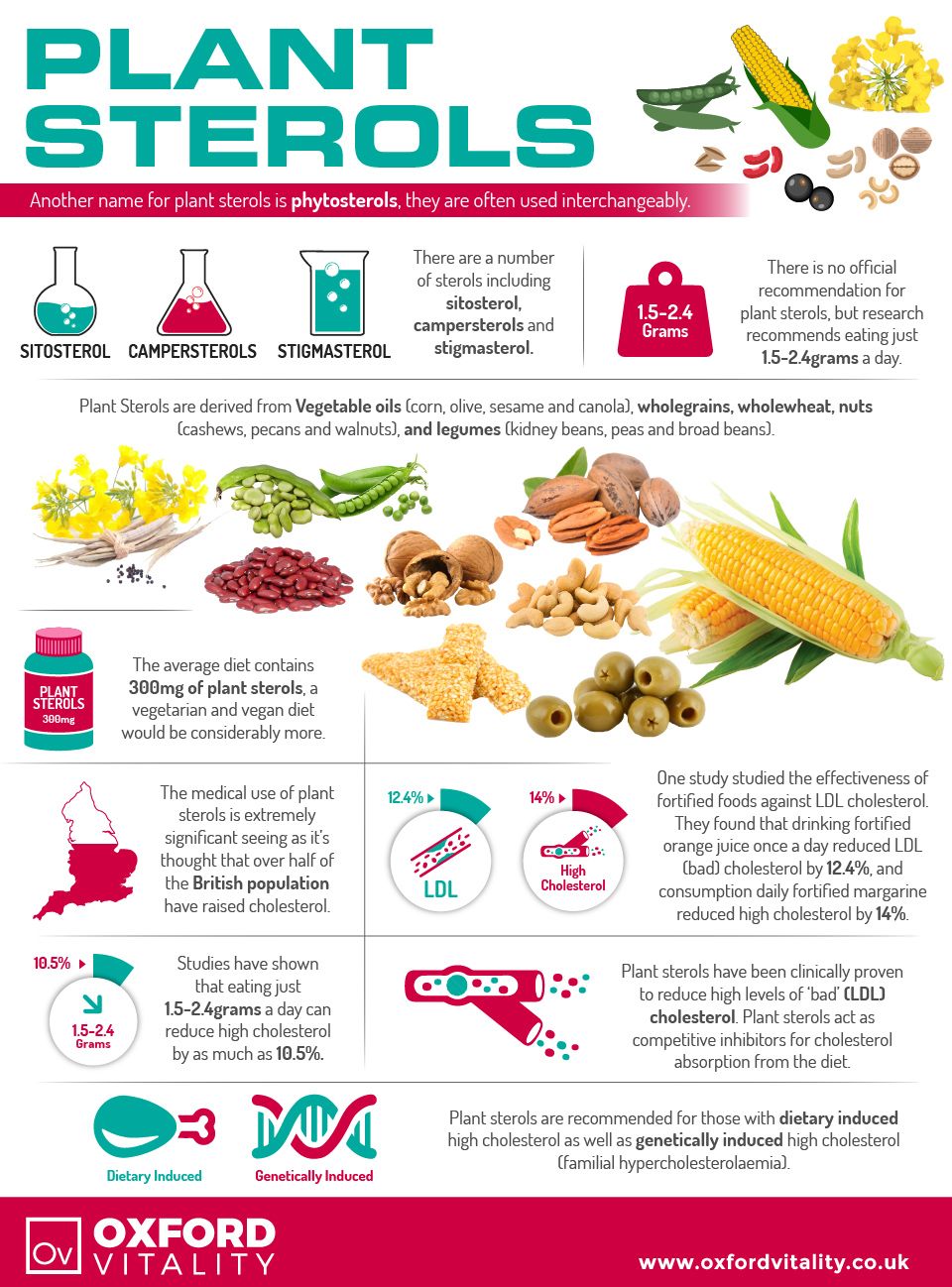


Recent Comments